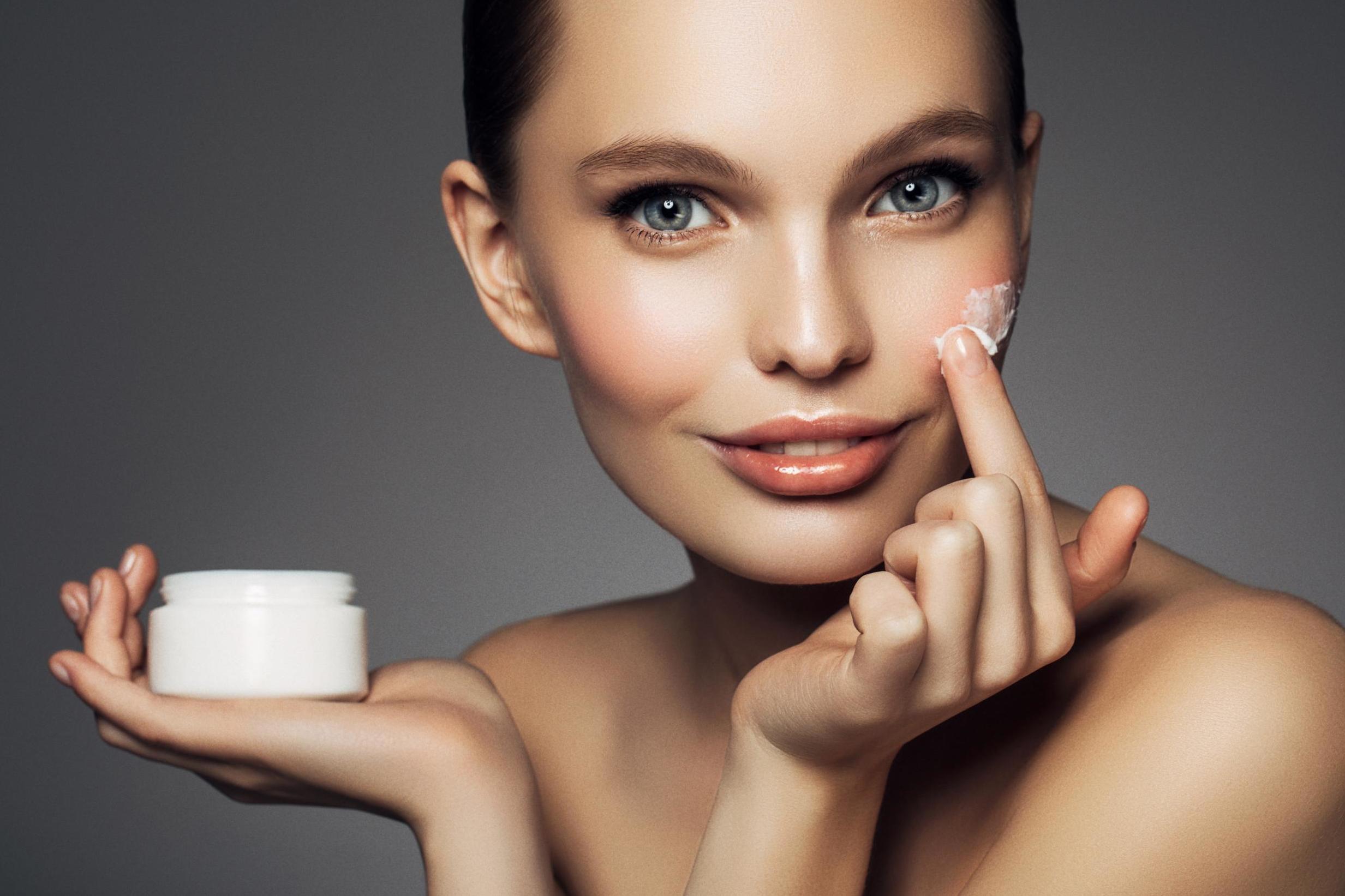Which skincare products do dermatologists avoid?
Why your exfoliator might be doing you more harm than good

Your support helps us to tell the story
From reproductive rights to climate change to Big Tech, The Independent is on the ground when the story is developing. Whether it's investigating the financials of Elon Musk's pro-Trump PAC or producing our latest documentary, 'The A Word', which shines a light on the American women fighting for reproductive rights, we know how important it is to parse out the facts from the messaging.
At such a critical moment in US history, we need reporters on the ground. Your donation allows us to keep sending journalists to speak to both sides of the story.
The Independent is trusted by Americans across the entire political spectrum. And unlike many other quality news outlets, we choose not to lock Americans out of our reporting and analysis with paywalls. We believe quality journalism should be available to everyone, paid for by those who can afford it.
Your support makes all the difference.There once was a time when a trip to Boots could be completed faster than you can say "anti-aging cream."
Toothpaste, cleanser, moisturiser...maybe a fancy foaming shower gel if you were feeling sprightly.
Now, popping down the road for a new face wash is an incredibly daunting task.
The shelves are bursting with products - an alarming amount of which contain obscure ingredients that almost certainly do not belong in a bottle e.g. kale. We're still having trouble integrating the wonder-veg into our diets, let alone our bathroom cupboards.
As with most big decisions, it comes down to process of elimination. With tips from the wizards of skincare, here's what to look out for on your next toiletry top-up.
1. Synthetic sunscreens
Watch out for suncare with benzophenones or cinnamates, advises Liz Earle, "these encourage skin sensitivity and have been linked to free-radical cell damage. I much prefer to use mineral reflectant sun filters such as zinc oxide and titanium dioxide for safer, broad spectrum UVA-B protection," the best-selling beauty author and wellbeing brand founder told The Independent.
2. Non-mineral make up
“Non-mineral makeup may contain bismuth oxychloride that is an irritant to skin,” Dr Anil of West London Dermatology Centre explained to The Independent. “Non-mineral makeup has "filler" ingredients and isopropyl myristate that can block pores. Mineral make up contains zinc and titanium dioxide. Zinc acts as a protectant and anti-irritant and titanium dioxide as a sunscreen,” he said.
3. Products containing phthalates
Linked to an increased risk of breast cancer, phthalates, such as the chemicals found in some hairsprays and nail varnish can also cause reproductive birth defects in men and women. The main ones to look out for are diethylphthalate (DEP), used as a solvent and fixative in fragrances, dibutylphthalate (DBP), used as a plasticizer in nail products and dimethylphthalate (DMP) which is used in hairsprays to make the hair less brittle.
4.Harsh exfoliators
Exfoliation is crucial to good skincare; however, there are several brands which contain harsh textures that can damage the surface of your skin. In 2016, one popular brand was actually sued for $5 million for its “sandpaper” effect, leaving two women with an unsightly rash on their face, according to TMZ. Opt for something gentler – organic brand Pai have a good one that's made entirely from natural ingredients. Look for scrubs which contain AHAs (alpha hydroxyl acids), advises Dr Anil, “they exfoliate and strengthen the skin, plus they help to remove impurities and improve texture.”
5. Anything with added fragrance
Products containing unnecessary fragrance (think overly scented shower gels) open up the floodgates to a whole realm of nasties which can irritate the skin's surface and prompt allergic reactions. Even natural essential oils are ones to avoid if possible, Liz Earle suggests, "these are amongst the most common skin allergens. Natural does not always equal safe - and we should not be led to believe otherwise."
Join our commenting forum
Join thought-provoking conversations, follow other Independent readers and see their replies
Comments